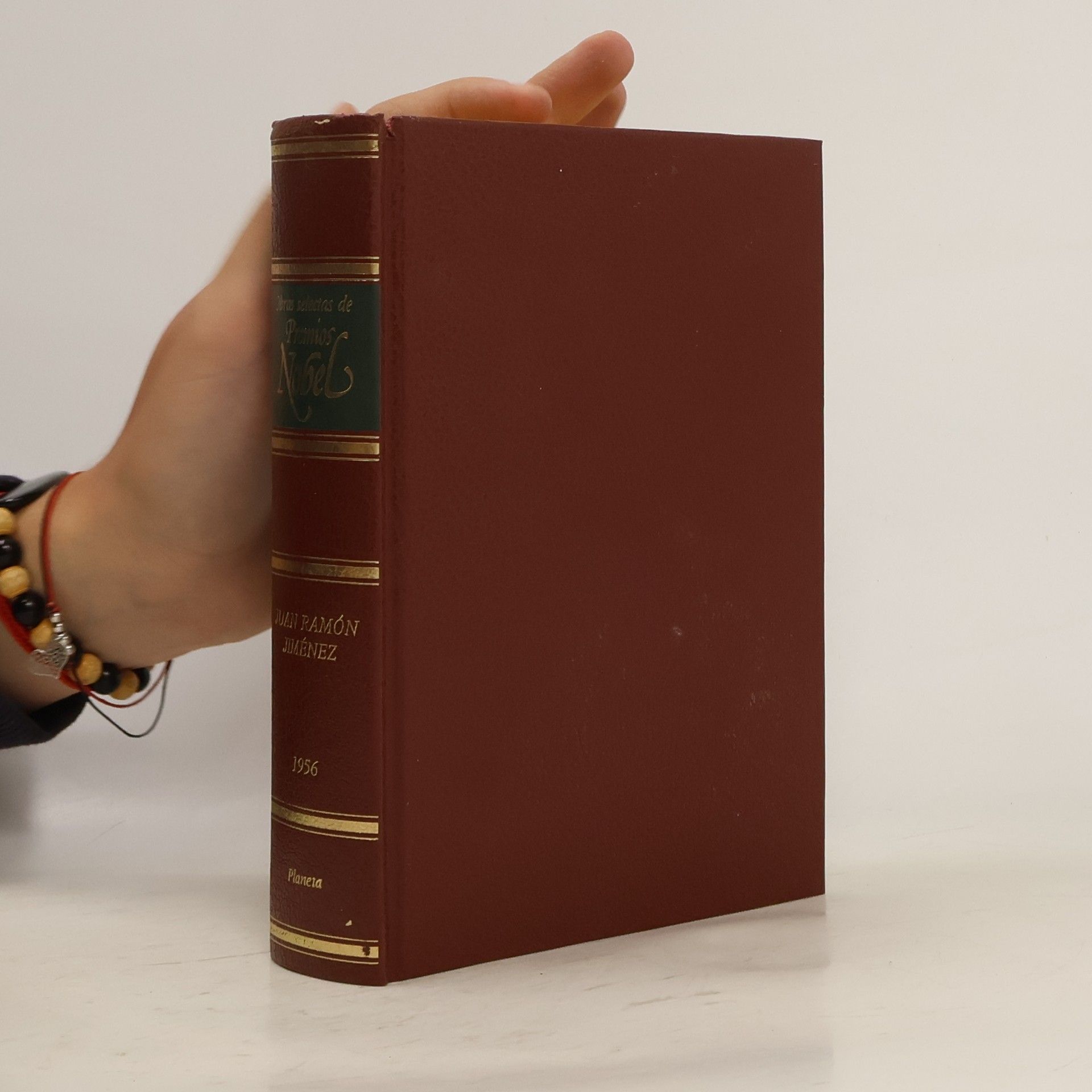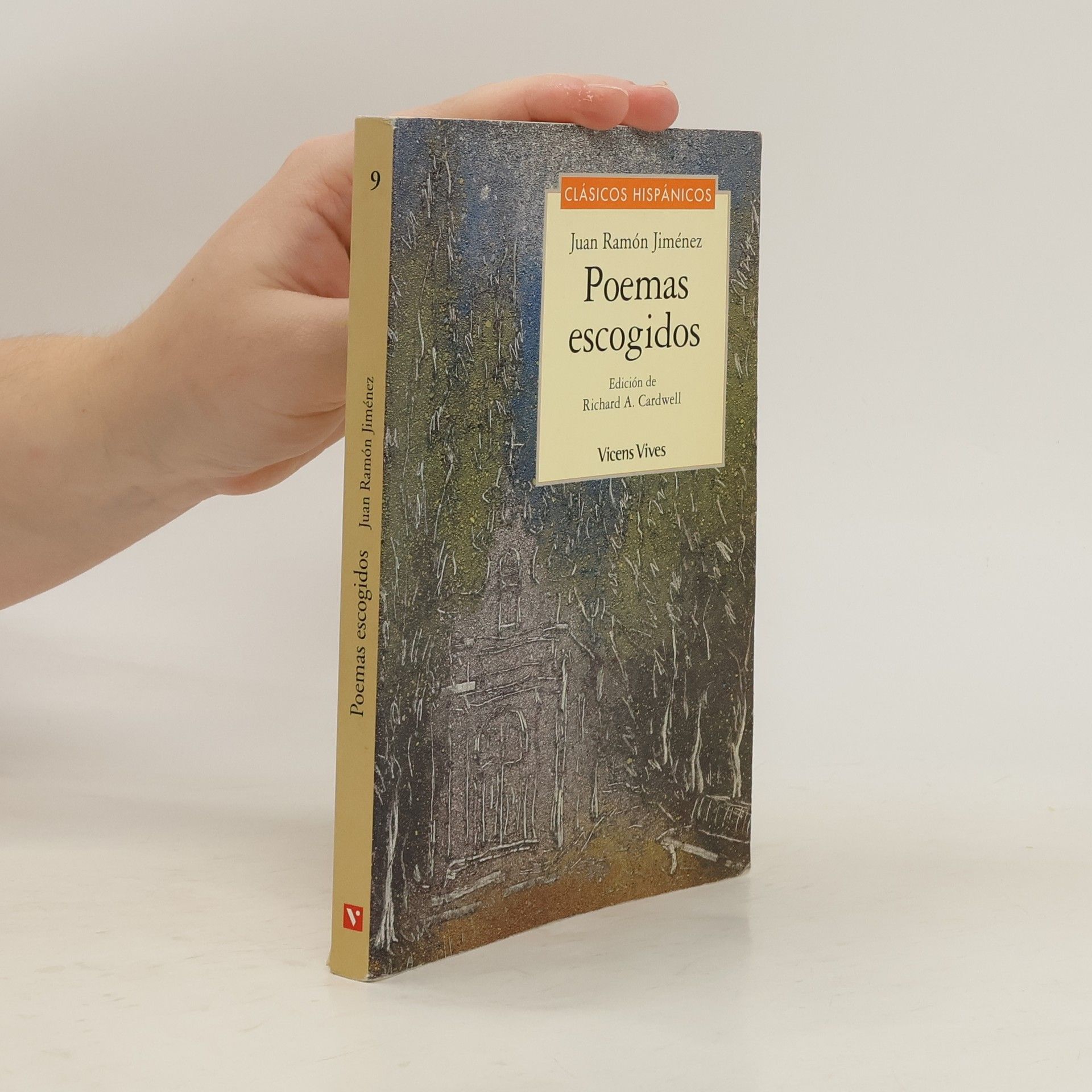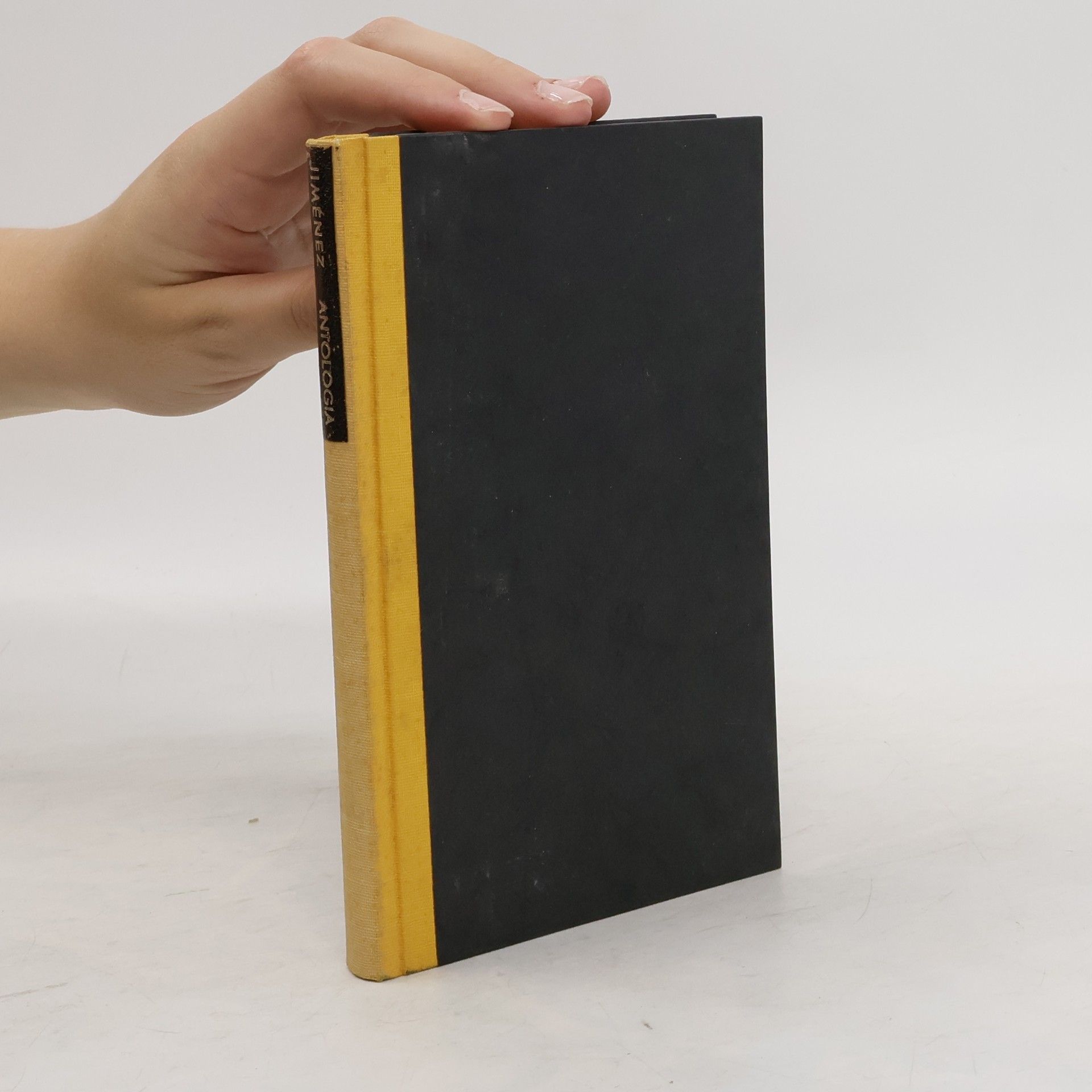“An exquisite book, rich, shimmering, and truly incomparable.” —The New Yorker This lyric portrait of a boy’s companionship with his little donkey, Platero, is the masterpiece of Juan Ramón Jiménez, the Spanish poet awarded the 1956 Nobel Prize for Literature. Poetic, elegiac, it reveals the simple pleasures of life in a in a remote Andalusian village and is a classic work of literature, beloved by adults and children alike.
Juan Ramón Jiménez Boeken
Deze Spaanse dichter werd bekroond met de Nobelprijs voor Literatuur voor zijn lyrische poëzie, die in de Spaanse taal een voorbeeld is van een hoge geest en artistieke zuiverheid. Zijn werk wordt gekenmerkt door diepe gevoeligheid en een esthetiek die resoneert bij lezers die op zoek zijn naar schoonheid en spirituele diepte in verzen. De gedichten van de auteur verkennen vaak thema's als natuur, introspectie en de zoektocht naar het transcendente in het dagelijks leven, waarbij een opmerkelijke muzikaliteit en beeldspraak behouden blijft. Zijn literaire nalatenschap ligt in zijn meesterlijke beheersing van de taal en zijn vermogen om krachtige emoties op te roepen door zorgvuldig gekozen woorden en metaforen.


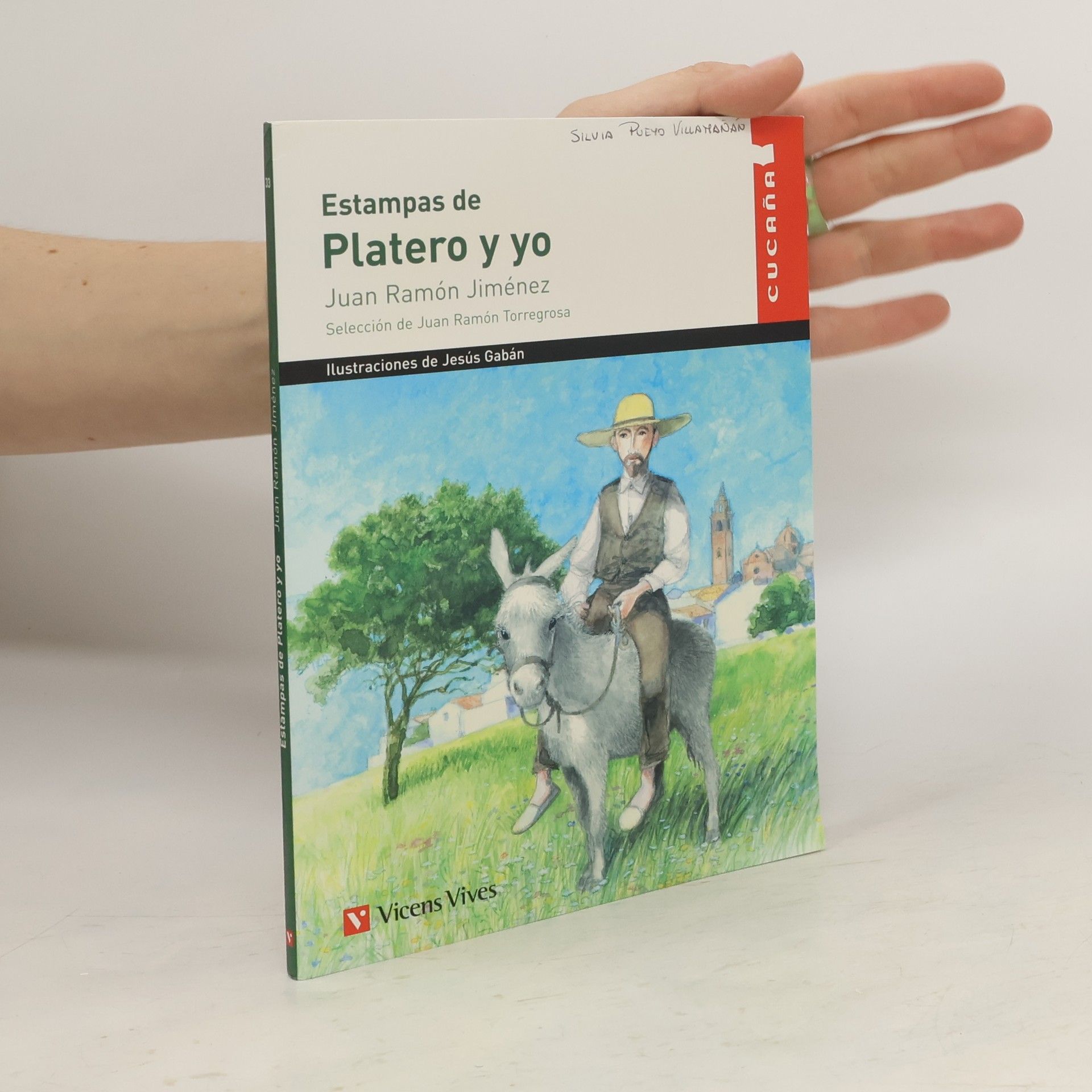


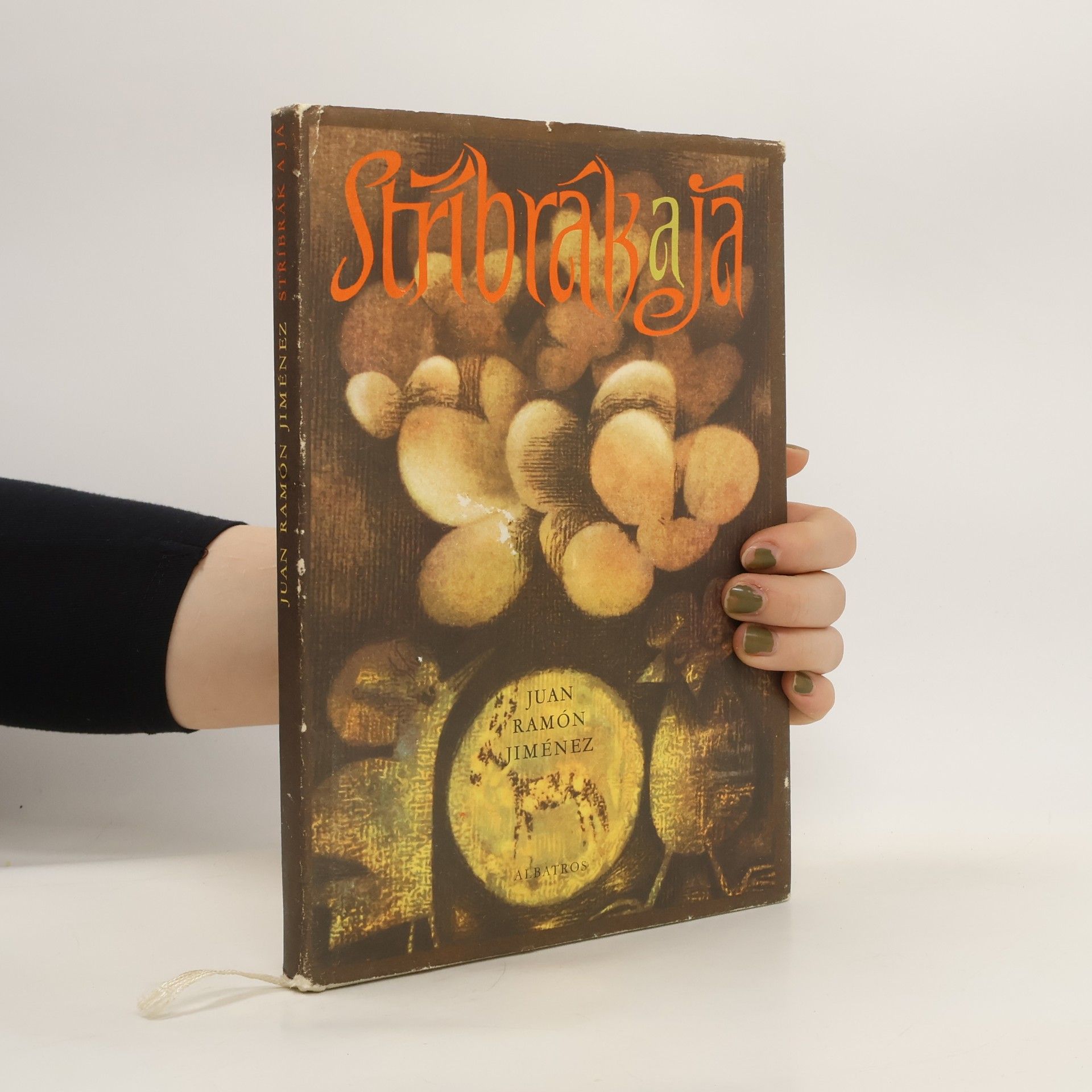
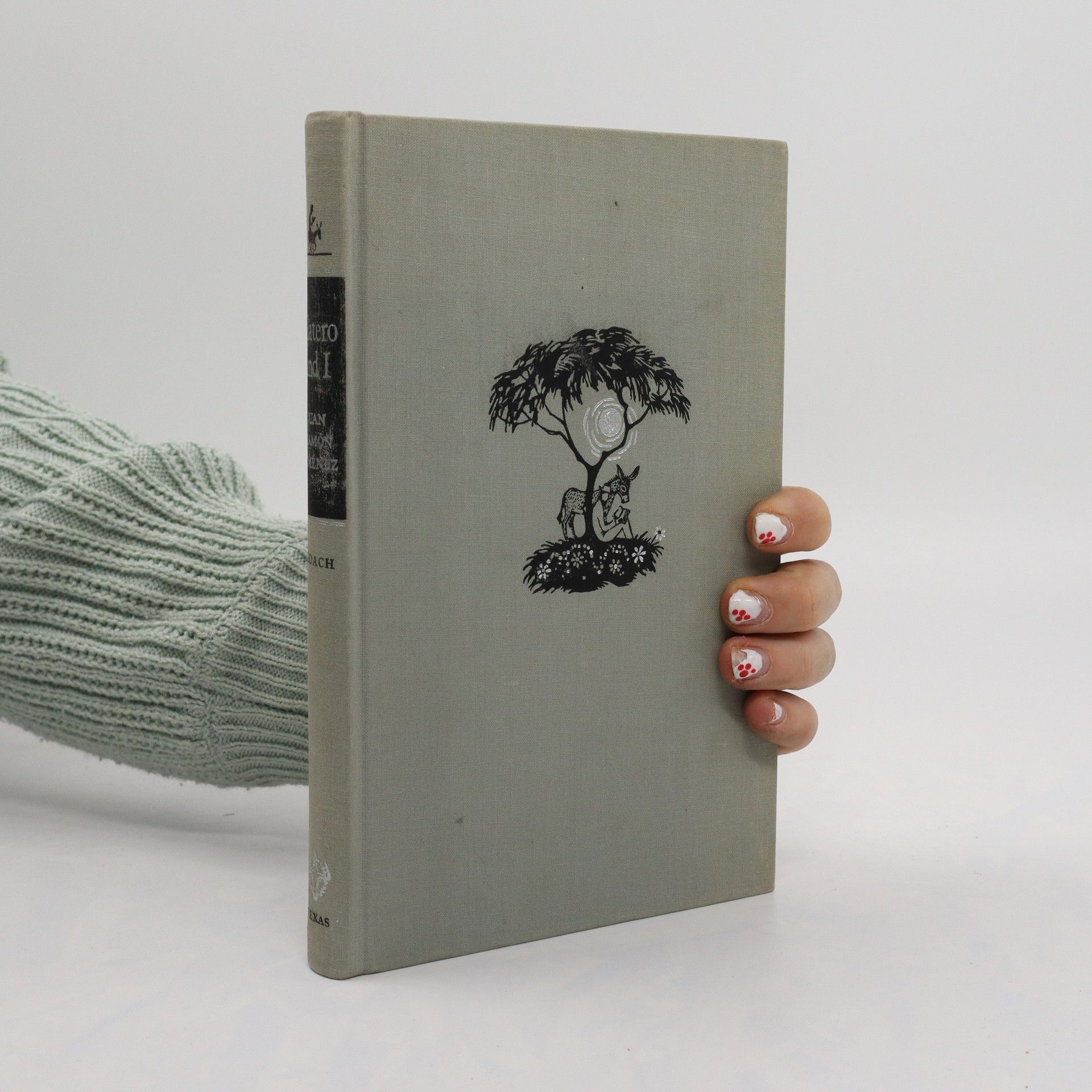
Andaluskou elegii doplňují krásné barevné ilustrace Oty Janečka.
Básnik a slovo
- 112bladzijden
- 4 uur lezen
Výber z poézie J. R. Jiméneza. Vybral a preložil Ladislav Franek. Poézia J. R. Jiméneza, nositeľa Nobelovej ceny, bola na Slovensku málo známa. Vyniká objavnosťou básnického výrazu pre dosiahnutie krásy a dobra, uplatňuje hudobnosť verša a lyrizmus. Väčšina básní z prekladu je prvým prekladom do slovenčiny.
Herz, stirb oder singe
Gedichte, spanisch und deutsch
»Dichtung heißt für ihn, den genauen Namen der Dinge finden. Dies setzt voraus: Zucht, Maß, Askese, Konzentration. Gedanke und Gefühl werden eins. Es war ein stetes, zähes Ringen um den endgültigen, unverrückbaren Ausdruck.«
Estampas de Platero y yo
- 96bladzijden
- 4 uur lezen
Presents a picture of life in Andalusia, Spain, as seen through the eyes of a wandering poet and his faithful donkey.
Y para recordar por qué he venido
- 277bladzijden
- 10 uur lezen
Durante los últimos años de su vida, Juan Ramón Jiménez se ocupó del diseño y la organización de una edición completa y definitiva de su obra, bajo el título Destino, edición que nunca vio la luz. Entre estos textos se encuentran los materiales para unos libros inéditos, como Ideología, Alrededores, Historia de España o Críticos de mi ser.Y para recordar por qué he venido da título a una selección de estos escritos, muchos de ellos inéditos, otros prácticamente inaccesibles hoy en día. En aquellos se revela la faceta crítica de Juan Ramón Jiménez, inseparable de su producción poética.Como recordó Luis Cernuda: "La crítica literaria de Juan Ramón (...) tiene a veces tal justeza que ningún otro crítico de su tiempo le alcanza (...). La crítica de Juan Ramón Jiménez va casi siempre más allá de la figura literaria del personaje, y lo ve y nos lo ofrece como elemento de un conjunto más vasto, en el tiempo y en el espacio, lo cual es en definitiva la misión de la crítica."
